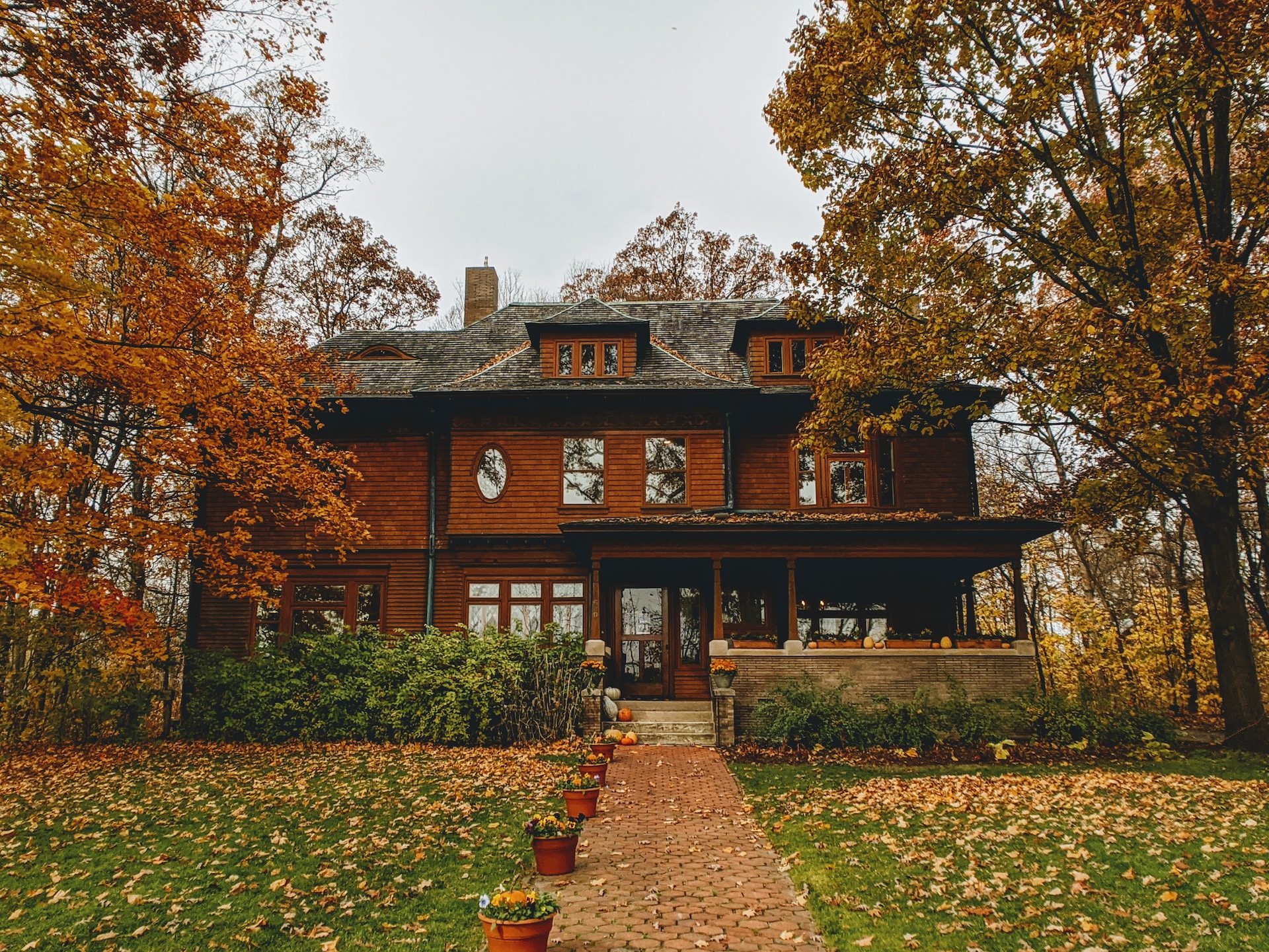

Question: What Factors Contribute to the Value of Historical Homes?
Answer: Factors contributing to the value of historical homes include architectural significance, historical authenticity, craftsmanship, location, and preservation efforts, which often appeal to buyers seeking unique character and charm.
Understanding the Value of Historical Homes: The Allure of the Past
Historical homes hold a charm that’s often unmatched by modern structures. They represent a slice of history, telling a story that reaches back to a different era. But how do we understand the value of these intriguing properties? Let’s delve into the aspects that contribute to their worth.
The Architectural Significance
Unique Design Features: A Walk Through Time
Historical homes often boast architectural styles that are rare or no longer in use today. From intricate woodwork to custom masonry, these design elements can add considerable value to the property.
Preservation of Authenticity: An Art in Itself
Maintaining the authentic features of a historical home is a significant aspect of its value. Whether it’s preserving original flooring or repairing period-appropriate windows, keeping these details intact enhances the home’s appeal. [ 1 ]
Click here to see your property value by address
Related Article: Is it Worth Buying a Century Home?
Related Article: What is the Meaning of Historic House?
The Historical Context
Connection to Significant Events or Figures: A Living History Lesson
Some historical homes are valuable because of their connection to important events or figures in history. A house that played a role in a significant event or was home to a famous individual can have a higher perceived value.
Heritage Designation: A Mark of Distinction
A heritage designation by local authorities can be a recognition of a property’s historical importance. This status can add value but may also come with restrictions on renovations or alterations.
Related Article: What are the Cons of an Old House?
Related Article: Are Heritage Homes Harder to Sell?
Location and Community Influence
Desirable Neighborhoods: The Importance of Where
Often, historical homes are located in well-established and desirable neighborhoods. The location itself can play a vital role in determining the value of the property.
Community Support: Cherishing Local History
A community’s attitude towards historical preservation can impact a home’s value. Communities that value their local history often support the preservation of historical homes, enhancing their worth in the real estate market.
Related Article: Are Heritage Homes Worth More?
Related Article: What Adds Value to an Old House?
Renovation and Upkeep Considerations
Balancing Modern Needs with Historical Integrity: A Delicate Task
Renovating a historical home to meet modern standards without sacrificing its historical integrity is a challenging task. This balance can add value when done right but may detract from it if the historical character is lost.
Maintenance Costs: An Investment in Preservation
Historical homes often require specialized maintenance that might be more costly than newer properties. These expenses must be considered when evaluating the value of the home.
Related Article: What are the Benefits of Heritage Designation in Ontario?
Related Article: How are Modern Homes Different to Older Homes?
Market Dynamics and Buyer Interest
Niche Appeal: Finding the Right Buyer
Historical homes appeal to a specific segment of buyers who value the uniqueness and history that these properties offer. This niche appeal can influence the value, either positively or negatively, depending on market trends.
Economic Factors: Timing and Demand
Like all real estate, the value of historical homes is affected by broader economic factors such as interest rates, economic growth, and housing demand. Understanding these dynamics is crucial in assessing the home’s value.
Legal Considerations and Restrictions
Zoning and Land Use Regulations: Navigating the Red Tape
Historical homes may be subject to specific zoning and land use regulations, affecting what can and cannot be done with the property. Being aware of these restrictions is essential in determining the value.
Easements and Property Rights: Complex Legalities
Some historical homes may have easements or specific property rights attached, further complicating the assessment of value. Consulting with legal professionals familiar with historical properties is often necessary.
Check out this useful reference to learn more about Jennifer Jewell
Conclusion: A Tapestry of Factors
Understanding the value of historical homes is not a simple task. It’s a complex process that requires considering architectural significance, historical context, location, renovation, market dynamics, and legal factors.
For those drawn to the charm and character of historical homes, the effort to understand their value is well worth it. These properties offer a connection to the past that is unique and enriching, and understanding their value helps to preserve and appreciate them for future generations. Whether buying, selling, or simply admiring, recognizing the multifaceted value of historical homes enriches our connection to history and adds a special dimension to the real estate landscape.
References
1. https://blog.ojohome.ca/buying-a-historic-home-what-to-know/


